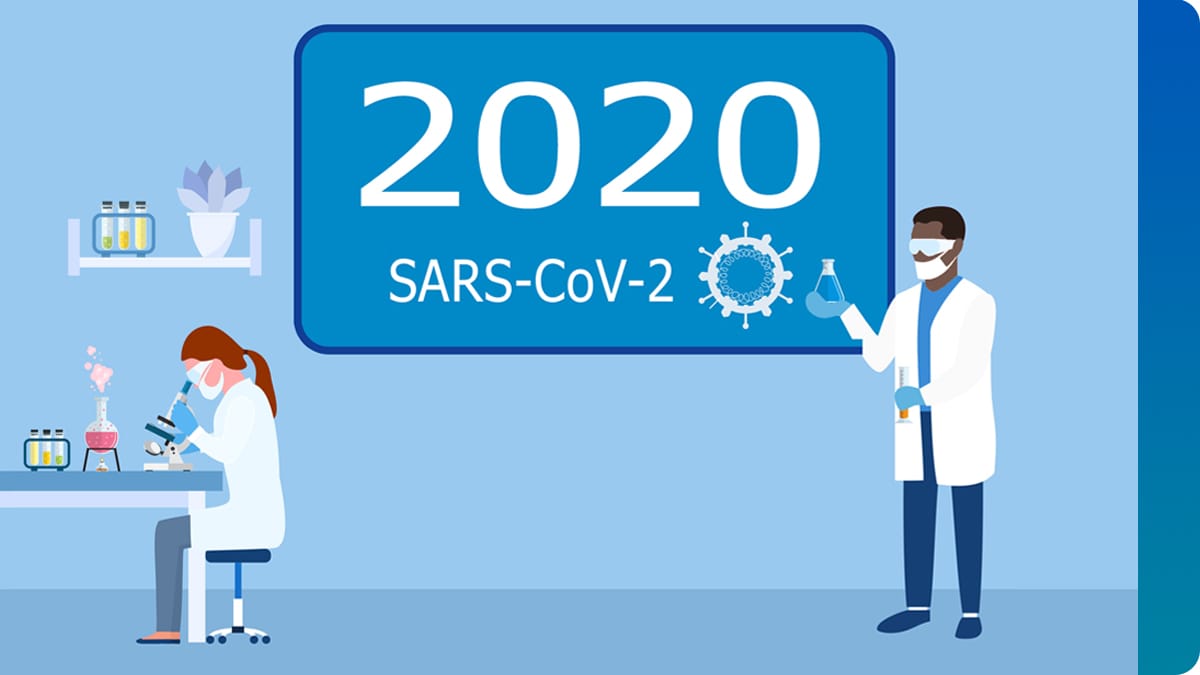What to know
The Vanderbilt University Medical Center conducted research on the pathogenomic determinants of SARS-CoV-2. Awarded in 2020, this project sought to understand the SARS-CoV-2 viral, host genetic, ecological factors, and comorbidity/coinfections risk factors for 1) symptomatic and asymptomatic infection, 2) prolonged shedding, and 3) acute and chronic sequelae of COVID 19. The proposal planned to investigate the evolution, emergence, and spread in communities and populations and identify signatures of virulence.

Findings on SARS-CoV-2 variant characteristics
This project:
- Determined that SARS-CoV-2 infections due to the Omicron variant were less severe than those caused by the Delta variant.1
- Found that the upper respiratory tract microbiome changed over a spectrum of COVID-19 illness severity.2
- Found that the upper respiratory microbiome differed in persons with and without SARS-CoV-2 infection and in infections with high versus low viral load.3
- COVID-19 severity from Omicron and Delta SARS-CoV-2 variants. Influenza Other Respir Viruses, 2022.
- Severe COVID-19 Is Associated with an Altered Upper Respiratory Tract Microbiome. Front Cell Infect Microbio. 2022
- SARS-CoV-2 Infection and Viral Load are Associated with the Upper Respiratory Tract Microbiome. J Allergy Clin Immunol. 2021.
